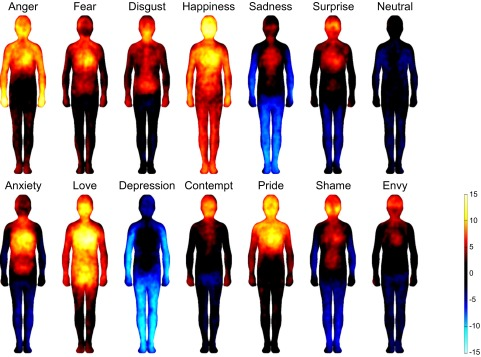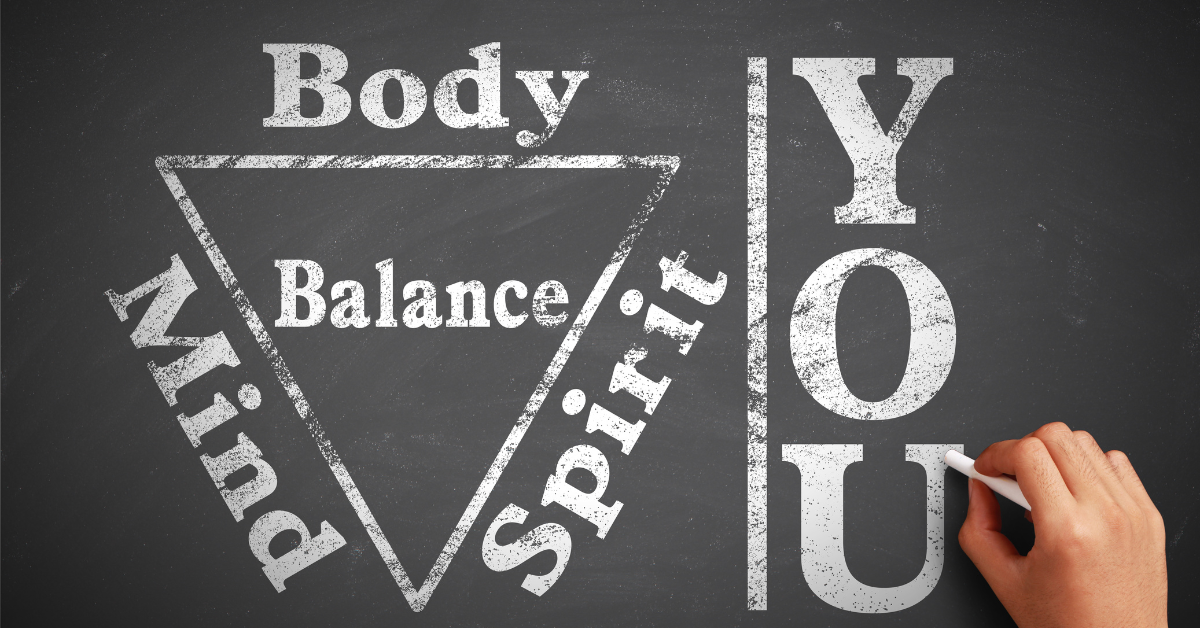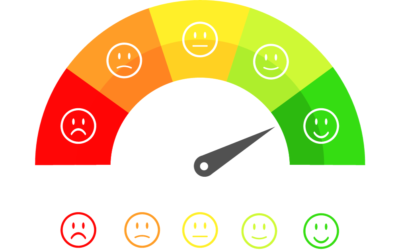Many people view the mind-body connection as separate entities within the larger gestalt of the human body. However, in reality, the mind and body are intimately connected. Our emotional health and physical health are in constant sync. Just as the mind and gut communicate, the emotions generated by our mind are stored not only in the brain but also in our body, resulting in physical reactions. For instance, when we feel anxious, we may experience physical sensations in our stomach due to the events that occur in our everyday life.
The Importance of Emotional Awareness
Emotional awareness is a vital aspect of the mind-body connection. By becoming more aware of our emotions and learning to regulate them, we can reduce the negative impact they have on our physical health.
We can’t always control the emotions that get generated in everyday life events; the goal is not to resist and react to the physical reactions but simply observe. We often resist or react to the physical sensation, which then triggers a feedback loop in our brain that keeps the emotion going. For example, if we feel anxious, we might start to worry about why we’re feeling anxious, which then causes us to feel even more anxious.
The Link Between Emotions and Physical Health
Studies have shown that emotions can directly impact our physical health. Chronic stress, for example, can lead to a range of health problems, including high blood pressure, heart disease, and stroke. Negative emotions, such as anxiety and depression, have been linked to chronic pain and other physical ailments. Conversely, positive emotions, like happiness and contentment, have numerous health benefits, including reducing the risk of heart disease and improving overall well-being.
There is an intimate dynamic between our feelings, thoughts, and what is happening in the body. The body is acutely sensitive to emotions (energy in motion) that move across it. You can observe this relationship when speaking with someone, as you can pick up their emotions by reading their body language. The body detects our thoughts before we can consciously register them in our minds to understand what we are feeling.
Evidence of the Mind-Body Connection

Take a look at this fascinating illustration, which was part of a research study that explored where people experience emotions in their bodies. It’s clear that the mind and body are connected, and emotions are felt as much in the body as they are in the mind. The key is to learn how to soothe our body first, so we can process our intense emotions and resolve them before they become physically manifest in our bodies, creating physical ailments.
While there is ample research evidence to support the mind-body connection, I’d prefer to share personal experiences. As an ICU nurse, I’ve witnessed firsthand how the body responds to stressful emotions. When a patient is waiting for biopsy results, I’ve observed physiological changes in behavior, heart rate, blood pressure, and respiratory rate. Even someone with a healthy heart in their 30s can experience stress due to their partner’s pregnancy, leading to psychological stress that can trigger Atrial fibrillation. A lot of physical symptoms that occur to many due to stress happen in the psychic atmosphere (mind) first before the energy becomes dense over time, creating psychological changes.
How can you start to comprehend your mind-body connection?
Somatic Embodiment Practice
The body is highly sensitive to our emotions. However, many people fail to recognize how to use their body as a tool to understand the communication between what’s happening in their mind and body. Somatic Embodiment is the practice of becoming aware of our emotions by listening to physical sensations that determine our emotional state. Our body is a tool that can help us develop awareness, self-regulate, feel whole and embodied, understand ourselves, love ourselves, and make decisions from a place of empowerment.
“Without learning to know ourselves as intimately as we possibly can, we limit our choices. Life is not very sweet without freedom of choice.”
– Moshe Feldenkrais
One of the main reasons why many of us don’t pay attention to our bodies and the subtle stirrings of emotions is that we’re disconnected and unaware of our bodies. Far too many of us spend so much time in our heads that we don’t register the powerful connection between our minds and bodies.
The beauty of the mind-body connection lies in its bi-directionality. The mind can influence how our body feels, but our body’s feelings can also affect our mental state.
How Can You Improve Your Mind-Body Health?
One thing for certain is that the better you can take care of your emotional health, the better the positive impact it will have on your overall well-being. So what can you do to improve your mind-body connection and the sensation you’re experiencing? Here are a few things you can start doing right now.
Acknowledge your feelings
Take the time to recognize and validate your emotions, even if they are uncomfortable or difficult to process. Your emotions don’t just disappear when we ignore them by distracting ourselves. They hang out in our physical body; becoming denser, till they cause damage to our wellbeing. By acknowledging your feelings, you can begin to manage them in a healthier way and reduce their negative impact on your physical health. Become courageous to feel the whole human experience.
Mindfulness
Mindfulness is crucial for individuals who struggle with being present at the moment. Without being present, it is difficult to understand the way our body communicates with us through subtle physical sensations. Mindfulness is the gateway to a richer mind-body connection and a more embodied human.
Do things that bring you peace
When was the last time you let go of needing to do things and instead focused on finding peace of mind? Taking more time for your self-care, or emotional hygiene, can help promote inner peace. Take time to go for a walk, sit in a quiet place, listen to music, journal, or read a book. Choose an activity that helps you relax and make it a habit to incorporate it into your schedule.
Take-home message
By becoming more aware of your emotions and learning to regulate them, you can reduce the negative impact they have on your physical health and improve your overall well-being. The mind-body connection is one of the greatest tools we possess to create inner peace and optimal well-being. By making a conscious effort to tune in to our bodies, we can establish a deeper connection with ourselves and lead happier, healthier lives.
References:




0 Comments